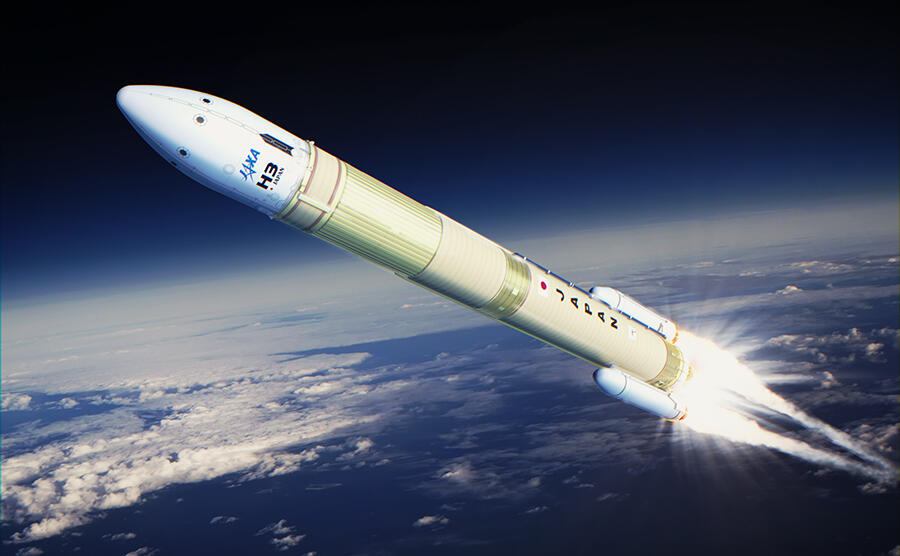Comments
- No comments found

Japan's failed rocket launch serves as a reminder of the importance of space travel and the significant role it plays in our daily lives.
Space exploration and research have led to the development of various technologies that have revolutionized our world. From telecommunications to global positioning systems (GPS), weather forecasting, disaster management, and navigation, the list of benefits that space exploration has brought to humanity is endless.
Despite the setback, Japan remains committed to its space ambitions and has established a task force to investigate the cause of the failure. The H3 rocket was carrying the ALOS-3, a disaster management land observation satellite, which was also equipped with an experimental infrared sensor designed to detect North Korean ballistic missile launches. The rocket's failure is a blow to Japan's efforts to cut the cost of accessing space and compete against SpaceX's reusable Falcon 9 rocket.
Mitsubishi Heavy Industries (MHI), which built the H3, has estimated that the rocket's cost per launch will be half that of its predecessor, the H-II, making it more competitive in a global launch market increasingly dominated by SpaceX. The H3 is designed to lift government and commercial satellites into Earth orbit and will ferry supplies to the International Space Station. As part of Japan's deepening cooperation with the United States in space, it will also eventually carry cargo to the Gateway lunar space station that U.S. space agency NASA plans to build as part of its program to return people to the moon, including Japanese astronauts.
Japan has a rich history in space exploration, dating back to 1970 when the country's first satellite, Ohsumi, was launched. In the years that followed, Japan has launched a series of satellites and scientific missions, including the Hayabusa asteroid probe, which returned samples to Earth in 2010. Japan's space program is an important source of national pride and a symbol of the country's technological prowess.
The failure of the H3 rocket launch is a reminder of the risks and challenges associated with space exploration. Rockets are complex machines, and even the slightest malfunction can have catastrophic consequences. However, the rewards of space exploration are worth the risks. Space research has led to countless technological breakthroughs that have improved our lives in numerous ways.
For instance, the GPS technology that we rely on today was originally developed for the U.S. military's space program in the 1970s. Today, GPS is used in everything from navigation to weather forecasting to precision agriculture. Space exploration has also been critical to our understanding of our planet and the universe. Satellites in orbit have given us unprecedented insights into climate change, natural disasters, and the structure of the universe.
In addition to the scientific and technological benefits, space exploration has also been a source of inspiration and wonder for generations. The images of Earth from space have inspired countless people to appreciate our planet and to work towards its preservation. The Apollo moon landing in 1969 inspired a generation of scientists and engineers and is still regarded as one of humanity's greatest achievements.
Looking ahead, space exploration is set to play an even greater role in our lives. Private companies like SpaceX are working towards making space travel more affordable and accessible, opening up new frontiers for exploration and commercial activity. NASA is also planning a series of ambitious missions, including returning people to the moon by 2024 and eventually sending humans to Mars.
Japan's failed rocket launch is a reminder of the challenges and risks associated with space exploration. However, it is also a reminder of the importance of space travel and the significant role it plays in our daily lives. From telecommunications to weather forecasting to navigation, space exploration has led to numerous technological breakthroughs that have revolutionized our world.
Leave your comments
Post comment as a guest